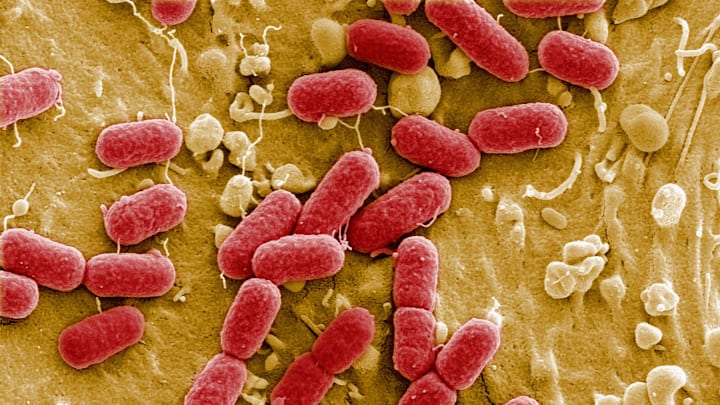The Role of Microbiomes in Health and Disease: Understanding the Invisible Ecosystem

The human microbiome refers to the diverse community of microorganisms, including bacteria, viruses, fungi, and archaea, that inhabit various parts of the body, such as the gut, skin, mouth, and respiratory tract. These microorganisms play a crucial role in maintaining health and influencing disease susceptibility, highlighting the importance of understanding this complex and dynamic ecosystem.
One of the most well-studied microbiomes is the gut microbiome, which consists of trillions of microorganisms residing in the gastrointestinal tract. The gut microbiome is involved in numerous physiological processes, including digestion, metabolism, and immune system regulation. It helps break down complex carbohydrates, synthesize essential vitamins, and protect against pathogenic microorganisms.
Research has shown that imbalances in the gut microbiome, known as dysbiosis, can contribute to various health conditions, including inflammatory bowel disease (IBD), obesity, diabetes, and mental health disorders. For example, studies have found associations between gut dysbiosis and increased inflammation, altered metabolism, and changes in brain function, suggesting a link between the gut microbiome and overall health.
Beyond the gut, microbiomes in other parts of the body also play significant roles. The skin microbiome, for instance, helps protect against infections and regulate immune responses. Imbalances in the skin microbiome have been linked to conditions such as eczema, acne, and psoriasis. Similarly, the oral microbiome influences dental health and has been associated with systemic diseases such as cardiovascular disease.
Advances in metagenomics and sequencing technologies have enabled researchers to explore the diversity and function of microbiomes in greater detail. These technologies allow for comprehensive profiling of microbial communities and their interactions with the host, providing insights into the role of microbiomes in health and disease.
Interventions aimed at modulating the microbiome, such as probiotics, prebiotics, and fecal microbiota transplantation (FMT), hold promise for improving health and treating diseases associated with dysbiosis. Probiotics are live microorganisms that, when administered in adequate amounts, can confer health benefits by restoring balance to the microbiome. Prebiotics are non-digestible substances that promote the growth of beneficial microorganisms. FMT involves transferring fecal material from a healthy donor to a patient to restore a healthy microbiome.
However, the field of microbiome research also faces challenges, including variability in individual microbiomes, the complexity of microbial interactions, and the need for personalized approaches. Further research is needed to fully understand the mechanisms by which microbiomes influence health and develop effective interventions for clinical applications.
In conclusion, the role of microbiomes in health and disease represents a rapidly evolving area of research with significant implications for understanding human health. By elucidating the functions and interactions of microbial communities, researchers can develop new strategies for promoting health, preventing disease, and enhancing therapeutic interventions.